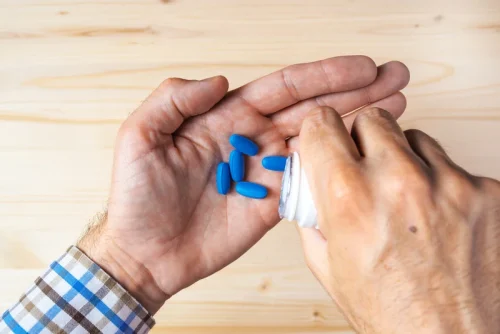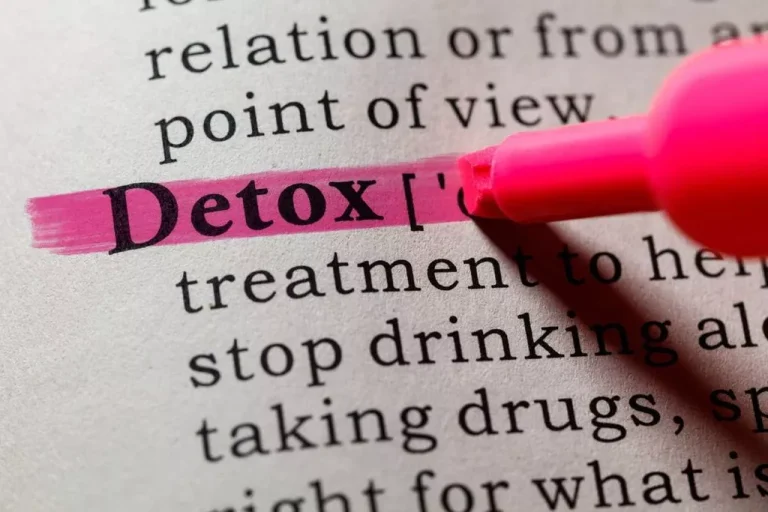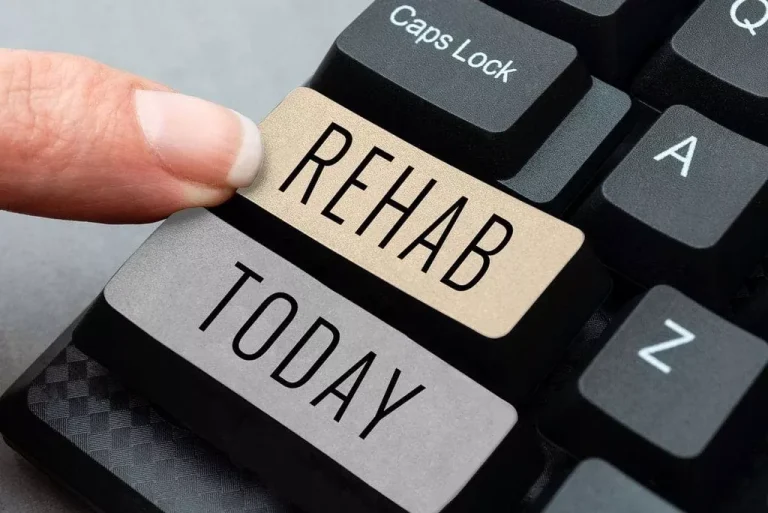
Stable blood sugar levels are crucial for managing cravings and maintaining energy levels. Chronic alcohol consumption can significantly impair the body’s ability to absorb and utilize essential nutrients, leading to notable vitamin deficiencies. These deficiencies can contribute to a range of health issues that complicate recovery from alcohol dependency. Stay hydrated while going through alcohol detox by drinking plenty of water. Water helps flush toxins from your body in the form of waste, and can help offset fluids lost during withdrawal in the form of sweating, vomiting, and diarrhea. Avoid heavily caffeinated beverages like coffee, sodas, and dark teas, since these drinks may worsen dehydration when going through alcohol withdrawal.

Alcohol Recovery Diet Tips And Food Substitutions
Because alcohol can slow down or even stop the absorption of nutrients, you can expect to deal with nutritional deficiencies if you continue to drink heavily. For example, you may lack adequate levels of vitamin A in your system, which can lead to vision impairment and dry skin. Some people may also drink excessively while eating very little, which leads to multiple nutrient deficiencies that are tough to correct. Today, I’d like to discuss a few key foods that aid in alcohol recovery that you can begin eating to improve your recovery journey. That is why alcohol detox and alcohol withdrawal treatment is administered by medical professionals. Integrating a balanced diet rich in these nutrients can ease withdrawal symptoms, rebuild strength, and encourage a sustained recovery.
Diet-Related Symptoms of Substance Abuse
Nausea can also cause eating difficulties, which can make many opioid abusers malnourished. Secondly, addiction influences habits such as sporadic eating and poor nutrition that impair the body. Volpicelli says that some of the negative effects of alcohol on mental health can be reversed if you stop drinking. This typically occurs after five or more drinks for men and four or more drinks for women. This is something to be aware of when you pick out alcohol alternatives to drink. Many drinks like soda, sweetened teas, iced coffees, and fruit juices contain lots of added sugars.
Diet for Recovering Alcoholics: Nourish Your Recovery

Nutritional yeast can replenish B vitamins and keep your body going without much fuss. Sunflower seeds are a source of protein that can not only boost your energy levels in a pinch but can also raise your dopamine, or “feel-good” hormone levels. To determine which foods are best for alcohol recovery – and understand why they’re so helpful – it’s critical to learn more about best diet for recovering alcoholic what alcohol really does to the body. Heavy meals can be difficult to keep down when you are in detox, especially if you have withdrawal symptoms like nausea or vomiting. Instead, focus on consuming soups and other liquids to replenish nutrients and keep yourself hydrated. They’re likely cooked in unhealthy fats, like saturated and trans fats, and aren’t very nutritious.
- Experiencing withdrawal symptoms after cutting out alcohol is a very common experience.
- Sticking close to these numbers can promote recovery and help alleviate some of the stress detox puts on your body.
- While they won’t repair permanent liver damage, they can speed recovery.
Best Diet & Types of Foods to Eat for Alcohol Detox

Alcohol is notorious for dehydrating the body, and many drug users do not feel the need to drink water while using. In addition to lots of water, try electrolyte-packed beverages such as Gatorade and coconut water as well, especially if you’ve been vomiting. If you’re able to make an investment, consider getting a juicer and plenty of fruits and vegetables to start getting vitamins back in your system while you hydrate. Individuals who use these drugs often encounter constipation and problems with their digestive system on top of their withdrawal symptoms.
Dual Diagnosis Treatments
At ECHO Recovery, I’ve found great value in the education and recovery support we provide for those who are struggling with substance use disorder (SUD), including alcohol use disorder (AUD). Taking the first step and admitting you need help addressing your alcohol use can be the most difficult, most critical decision you’ll ever make. It’s common to feel defeated in the face of the many physical and mental health issues caused by excessive alcohol use, but it’s not too late to forge a path forward. I made this difficult decision myself many years ago, and today, I continue to encourage others to move away from alcohol use and toward healthier choices. If you are ready to begin a life without alcohol, The Recovery Village is here to help.
Types of Food to Eat When Detoxing From Alcohol

